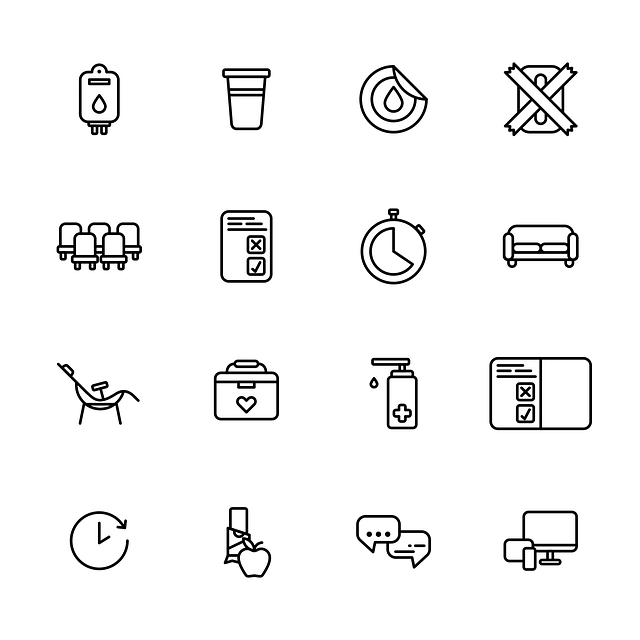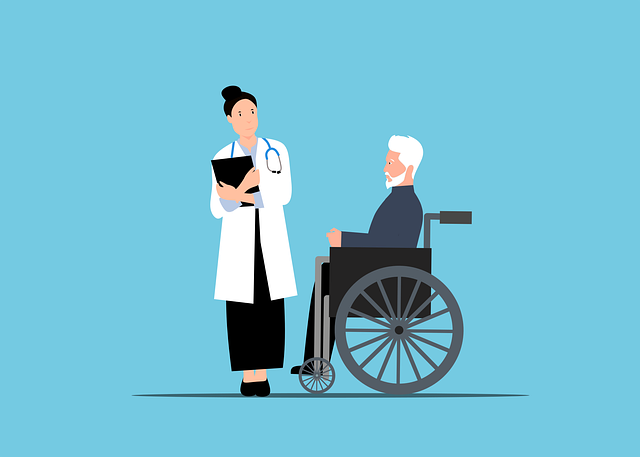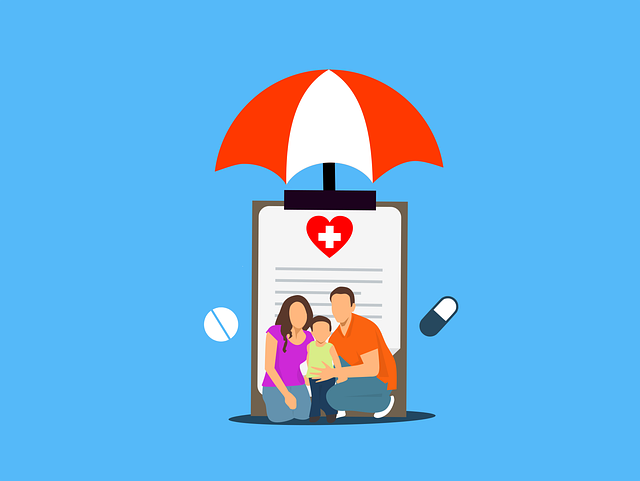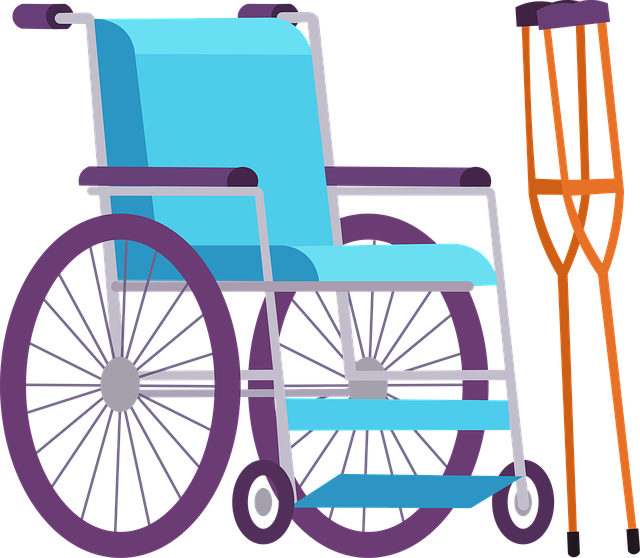In South Africa, Medical Aid and Health Insurance are distinct healthcare solutions. Medical Aid, often employer-sponsored, offers comprehensive cover through negotiated rates for ongoing medical needs. Health Insurance provides risk mitigation by covering specific expenses with potential out-of-pocket costs. When choosing between them, consider healthcare needs, budget, risk management preferences, and accessibility to services (e.g., Medical Aid Vs Health Insurance).
In South Africa, understanding the distinction between medical aid and health insurance is crucial for navigating healthcare costs. While both provide financial protection, their structures, eligibility, and coverage differ significantly. This article elucidates the complexities of these two essential tools, focusing on their costs and fees. We delve into premium variations, out-of-pocket expenses, and coverage details to help individuals and families make informed decisions between medical aid and health insurance, aligning with personal health needs and budget constraints.
- Understanding Medical Aid and Health Insurance in South Africa
- – Definition and purpose of each
- – Who they cater to and eligibility criteria
Understanding Medical Aid and Health Insurance in South Africa
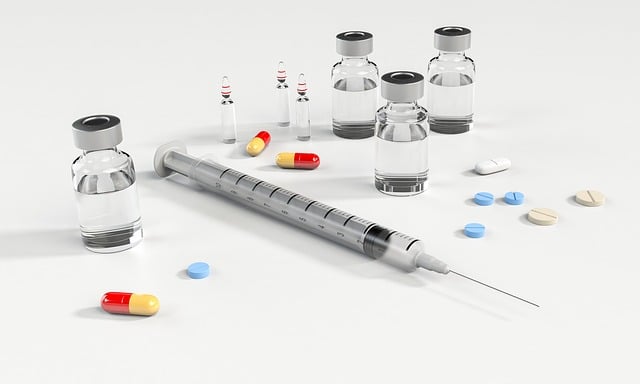
In South Africa, both medical aid and health insurance play crucial roles in managing healthcare costs, but they serve distinct purposes. Medical aid is a private, membership-based scheme that focuses on providing comprehensive medical cover for its members. It negotiates with hospitals and healthcare providers to ensure affordable access to various medical services. Members typically pay monthly contributions, which determine the level of cover and associated benefits.
Health insurance, on the other hand, is a form of risk mitigation for individuals or companies. It involves paying a premium to an insurance company, which agrees to cover specified medical expenses if certain conditions are met. Unlike medical aid, health insurance may not offer as wide a range of services, and members might face out-of-pocket expenses like co-payments or deductibles. When choosing between medical aid and health insurance, understanding your healthcare needs, budget, and the specific coverage offered by each option is essential for making an informed decision in the context of Medical Aid Vs Health Insurance in South Africa.
– Definition and purpose of each

In South Africa, Medical Aid and Health Insurance are both crucial components of individual and family healthcare planning. However, they serve distinct purposes with different structures. Medical Aid is a long-term savings plan where members contribute regularly to cover medical expenses. It’s designed to provide comprehensive care, including hospitalisation, specialist visits, and prescribed medicines, with options for various levels of coverage. On the other hand, Health Insurance is primarily focused on insuring against unforeseen medical costs, such as hospital stays or specific treatments. This type of insurance typically involves paying a premium in exchange for a defined set of benefits when medical expenses arise.
Understanding the Medical Aid Vs Health Insurance distinction is essential for South Africans seeking healthcare protection. While Medical Aid offers more comprehensive and ongoing coverage, Health Insurance caters to immediate financial protection during unforeseen health events. Both have their costs and fees – Medical Aid members often enjoy discounted rates for in-network providers while Health Insurance policyholders usually face out-of-pocket expenses like deductibles and co-pays. Choosing between them depends on individual needs, budget, and preferences for risk management and healthcare accessibility.
– Who they cater to and eligibility criteria
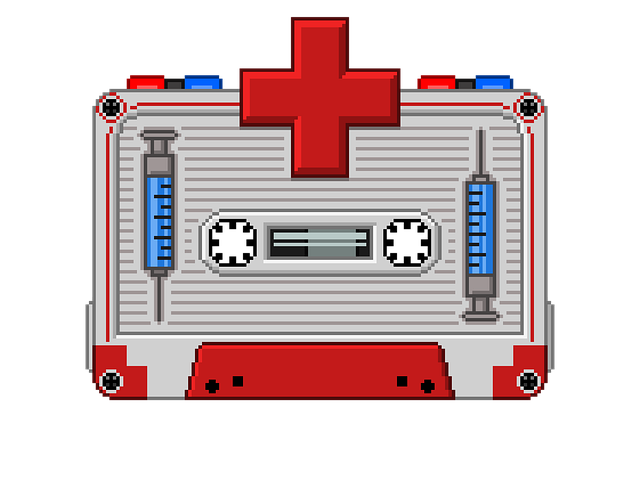
In South Africa, both Medical Aid and Health Insurance play significant roles in ensuring access to healthcare services for different segments of the population. Medical Aid is primarily designed for individuals and families who are employed and often offered as a benefit by employers. It caters to a wide range of medical needs, including hospitalisation, specialist consultations, and chronic disease management. Eligibility typically requires proof of employment and sometimes an assessment of pre-existing conditions.
Health Insurance, on the other hand, is more accessible and can be purchased independently. It’s suitable for self-employed individuals, entrepreneurs, and those who may not have access to employer-sponsored medical aid. Health Insurance often focuses on providing coverage for day-to-day medical expenses, such as doctor visits, prescriptions, and routine procedures. Eligibility criteria are generally less stringent compared to Medical Aid, making it a flexible option for a broader spectrum of South Africans.
When considering Medical Aid vs Health Insurance in South Africa, understanding the costs and fees involved is crucial for making an informed decision. While both options provide essential coverage, their structures and eligibility criteria differ significantly. Medical Aid tends to focus on comprehensive care within a specific network of healthcare providers, often with lower out-of-pocket expenses for members. Conversely, Health Insurance offers more flexible plans, catering to various needs and budgets, but may involve higher deductibles and co-pays. Ultimately, the choice depends on individual preferences, financial means, and the level of coverage desired.


